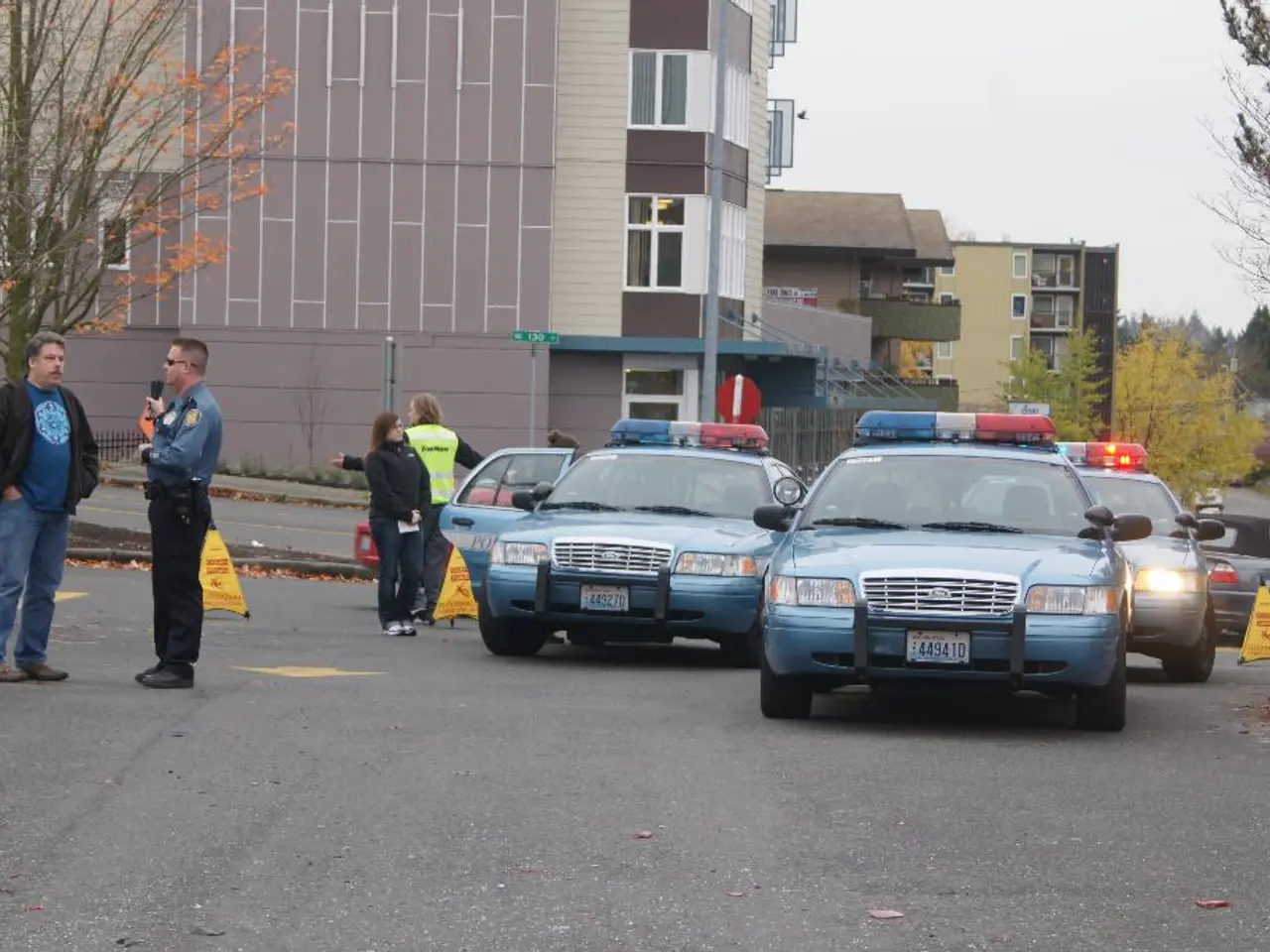Strict Lockdown Hits Germany Harshly
In a bid to curb a sustained second surge of COVID-19 cases, Germany announced a strict lockdown starting December 16, 2020, which will last until at least January 10. This decision, made by Chancellor Angela Merkel and the prime ministers of all federal states during a video conference on December 13, comes after a period from October to early November that was seen as a phase of accelerating disaster.
The rise in infections, which were increasingly of domestic origin and growing rapidly despite earlier measures, led to the government aiming to reduce transmissions from various sources, including households and nursing homes. However, criticisms about the delay in implementing the December lockdown focus on the perception that earlier, more decisive action could have prevented the sharp rise in infections.
Heike Anger, a columnist for Handelsblatt, links the introduction of the strict lockdown to discrepancies in anti-coronavirus policy among federal states. She criticizes Angela Merkel for her inconsistent approach, which she says blocked the adoption of long-term decisions on combating the pandemic.
During the summer, a belief spread that a second wave of the coronavirus would not occur. The number of new infections did not decrease as expected, leading to the hope that the German healthcare system would manage any challenge. However, this hope was another illusion, as the rising number of infected and dead has led politicians to take active measures.
The protection of risk groups, as evidenced by the catastrophic number of deaths in nursing homes, has failed. Politicians, along with many citizens and business representatives, believed moderate restrictions would be sufficient to protect the healthcare system and economy.
Many media commentators support the new restrictions, criticizing politicians for the delay in implementing them. Gerald Braunberger concludes that the time for illusions must end to prevent the pandemic from spiraling out of control. Unlike Italy, where the situation is now better because measures were taken earlier, Germany is facing a more severe crisis due to the indecisiveness of the authorities. Precious time was lost in protecting against the second wave of the coronavirus, according to Anger.
In summary, Germany’s December 16 lockdown was a reaction to a worsening domestic surge in COVID-19 cases after earlier measures had not contained the virus sufficiently, and criticisms highlight that an earlier lockdown might have limited spread more effectively.
Read also:
- Exiled Life's Conundrum: A Blend of Liberation, Disillusionment, and Distress
- Student Highlight at Scripps College: Jessica Sportelli
- Rotavirus triggers diarrhea by infecting intestinal cells, leading to inflammation and fluids rushing out of the body, resulting in watery stools.
- Hypothyroidism in Canines: An Exploration by Dr. Catherine Barnette, DVM, Examined and Approved by Certified Veterinary Technician Emily Oliver on July 31, 2025. Published on July 21, 2023. Sharing options available on Facebook, Twitter, Email, and Print.





